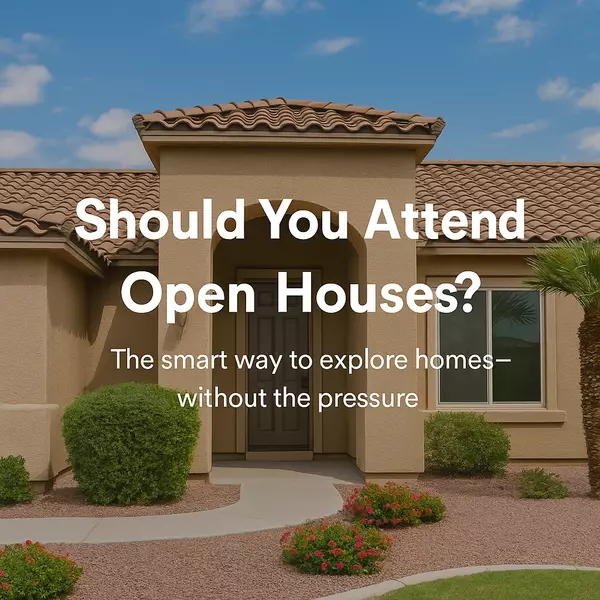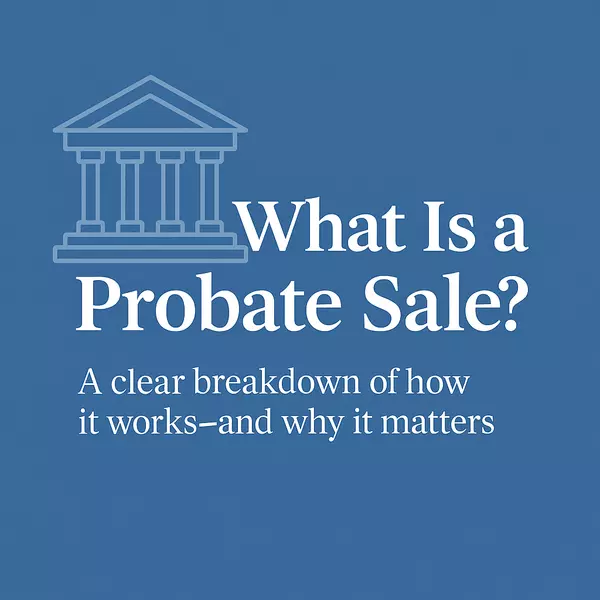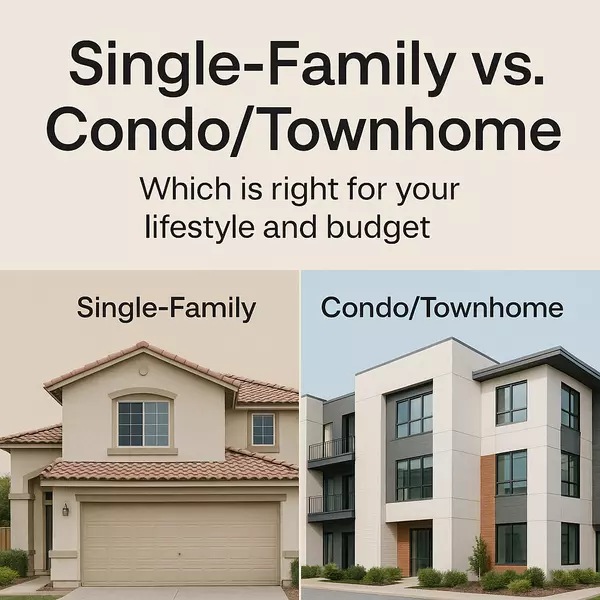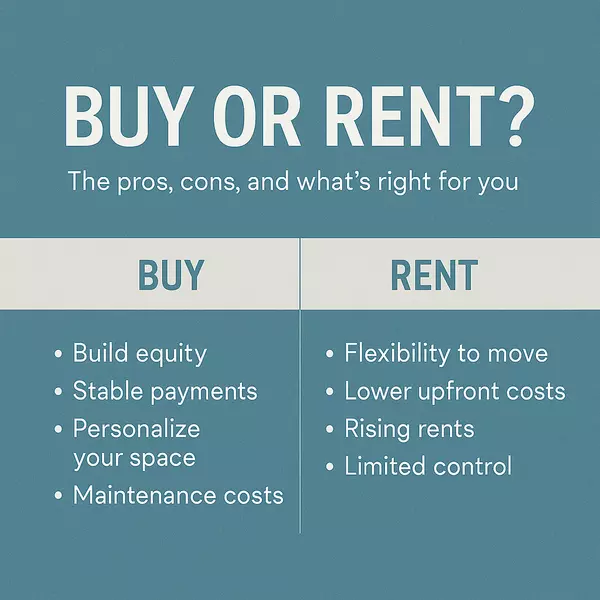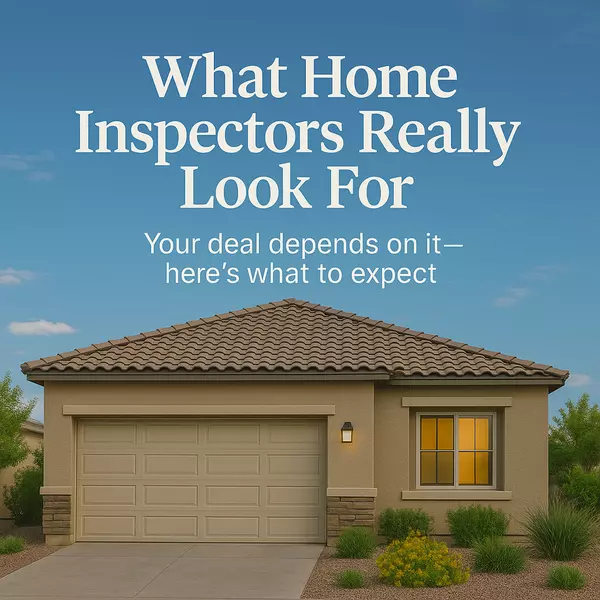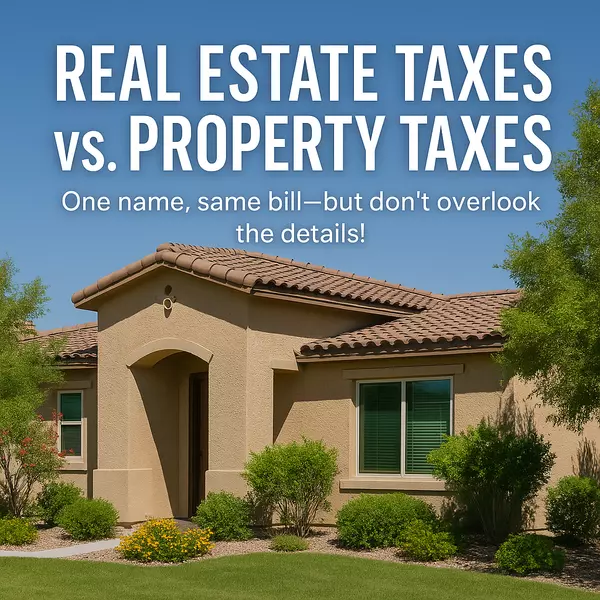How to Buy a Home When You're Self-Employed

How to Buy a Home When You're Self-Employed
Buying a home is a huge milestone, but if you're self-employed, it can feel like the deck is stacked against you. Between unconventional income streams, fluctuating earnings, and more intense documentation requirements, the journey to homeownership may seem daunting.
But here's the truth: self-employed individuals buy homes every day. With preparation, strategy, and the right guidance, you can turn the keys in your own front door—whether you're a freelancer, entrepreneur, or gig worker.
In this guide, we’ll break down how to navigate the homebuying process when you're self-employed, what lenders look for, and how to set yourself up for success.
The Unique Challenges of Self-Employed Buyers
Traditional W-2 employees typically submit pay stubs and a letter of employment. But for self-employed buyers, it's not quite that simple.
Here’s what lenders often require:
-
Two years of federal tax returns (personal and business)
-
Profit and loss statements
-
Bank statements (to verify income and cash flow)
-
A solid credit score (usually 620+, but higher gets better rates)
Lenders want to see stable, reliable income—even if it comes from multiple sources.
Strategies to Improve Your Odds
-
Organize Your Finances
-
Keep business and personal accounts separate.
-
Use accounting software or a bookkeeper.
-
File your taxes accurately and on time.
-
-
Build a Strong Credit Profile
-
Pay down debt and keep credit utilization low.
-
Avoid big purchases before applying.
-
-
Save for a Larger Down Payment
-
A 20% down payment reduces risk to lenders—and may help you bypass PMI.
-
-
Consider a Bank Statement Loan
-
Some lenders offer programs where income is verified through 12–24 months of bank statements instead of tax returns.
-
-
Work with a Real Estate Agent Who Understands
-
A knowledgeable agent can connect you with lenders experienced in working with self-employed buyers.
-
What It Means for Buyers
If you're self-employed, buying a home is absolutely achievable—it just takes a bit more preparation. Know your numbers, work with trusted professionals, and give yourself extra time to gather documentation.
Don’t assume you won’t qualify because your income isn’t traditional. With the rise in freelancing and remote work, more lenders are adapting to new income models.
What It Means for Sellers
If you're selling your home, don’t overlook self-employed buyers. They may be just as qualified—but need a little more time for loan approval. A solid offer from a well-prepared self-employed buyer can be just as strong (or stronger) than one backed by W-2 income.
Be open-minded and talk to your agent about how to evaluate these offers fairly.
What It Means for Me as a Las Vegas Real Estate Agent
Las Vegas is filled with entrepreneurs, performers, business owners, and gig workers. I’ve worked with many self-employed buyers who didn’t think homeownership was possible—until they found the right strategy.
I connect my clients with mortgage pros who understand non-traditional income. I help prepare your financial presentation. And I advocate on your behalf from offer to closing.
If you’re self-employed in Southern Nevada and thinking about buying a home, reach out. Let’s build a plan that fits your lifestyle—and gets you the keys.
Final Thoughts
The path to homeownership may look a little different for you—but it’s still well within reach. Being self-employed doesn’t mean being shut out of the market. It just means planning ahead, knowing your worth, and teaming up with the right people.
Your dream home isn’t a dream—it’s a goal. And it’s closer than you think.
Categories
Recent Posts
